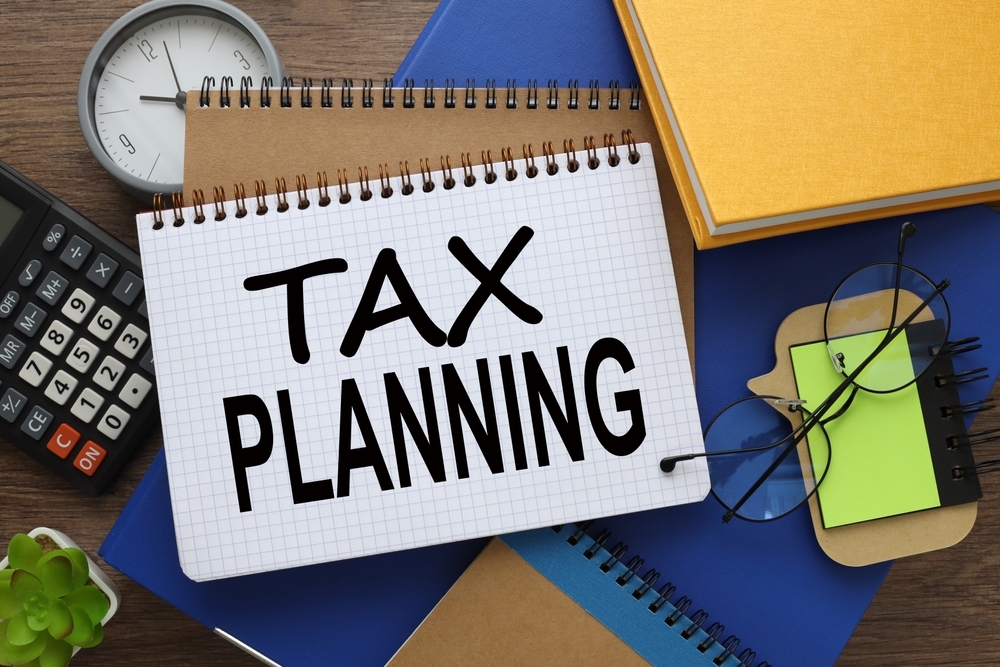
A real estate investor—we’ll call her Maria—spent 20 years building a $3 million portfolio. She did everything right on paper: maximized depreciation, tracked every expense, and executed 1031 exchanges like a pro. But when sudden health issues forced her to sell everything, she got slammed with a tax bill that wiped out nearly 40% of her gains. The kicker? Most of it could have been avoided with long-term planning.
We’re not tax pros or attorneys—this isn’t personal advice. But it is your warning shot. These are the conversations you need to start now, not when you’re already holding a purchase contract.
Most investors expect capital gains tax when they sell. But you’re actually dealing with four different taxes—and the total can be shocking:
- Depreciation recapture at up to 25% on every dollar you’ve depreciated. Took bonus depreciation to save money short-term? It’s coming back.
- Capital gains tax of 0%, 15%, or 20%, depending on your income. Still better than ordinary income—but often avoidable.
- Net Investment Income Tax (NIIT) of 3.8% if your income crosses the threshold.
- State income taxes, which vary wildly—from 0% to over 10%.
It adds up fast. But here’s the good news: real estate gives you more tools than almost any other asset class for managing taxes if you plan ahead.
- Installment sales let you spread the tax burden across years, potentially keeping you in lower brackets.
- Opportunity Zones can defer or even eliminate capital gains.
- Delaware Statutory Trusts (DSTs) let you keep 1031 benefits while creating passive income.
Another underused strategy? Relocation. Moving to a lower-tax state before a major sale might save you a fortune—but watch out for states that tax based on where the property is, not where you live. Or consider converting a rental to your primary residence, which could qualify you for the home sale exclusion.
The biggest mistake? Waiting until you’re ready to sell. Most strategies require years of planning—ideally 5 or more.
And it’s not just about income taxes. Estate planning is where many investors lose the most. Your heirs don’t want to inherit a tax mess.
Consider these tools:
- Holding property in LLCs or partnerships can create valuation discounts of 20–40% for estate tax purposes.
- Gifting fractional interests in your real estate business lets you transfer more wealth annually, thanks to those discounts.
- GRATs (Grantor Retained Annuity Trusts) let you “freeze” the value of appreciating assets, pass the future growth to your heirs, and still keep income during your lifetime.
Own property in a Self-Directed IRA or Solo 401(k)? You need an exit plan. Without one, your heirs may face a huge tax hit within 10 years of your death—often during their highest-earning years. Planning is even more critical with multiple beneficiaries.
This isn’t about dodging taxes. It’s about being strategic about when and how you and your heirs pay them. The best time to plan? Five years ago. The second-best? Now.
Have this conversation with a financial planner and tax advisor who understands real estate. Don’t let short-term savings distract from lifetime tax efficiency.
You don’t want to be 70, stuck with properties you no longer want, because selling them triggers a massive tax bill. And your heirs will definitely thank you for doing the planning now, instead of leaving them with tax chaos and real estate they don’t know how to manage.
Need more advice on how to create financial security beyond your property portfolio? Check out our services at wealthwisdomfp.com